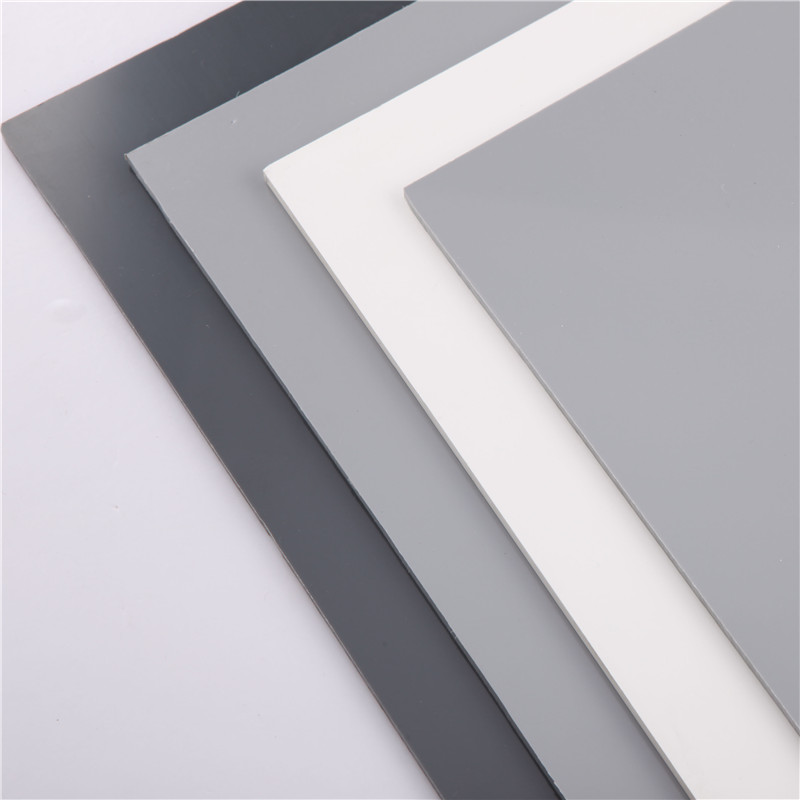Sep . 22, 2024 14:34 Back to list
hdpe plastic pipe
Understanding HDPE Plastic Pipe Benefits and Applications
High-Density Polyethylene (HDPE) plastic pipes are increasingly gaining popularity in various industries due to their remarkable properties and benefits. Known for their excellent strength-to-density ratio, HDPE pipes are made from high-density polyethylene resin, making them highly durable and resistant to a wide range of environmental factors.
Understanding HDPE Plastic Pipe Benefits and Applications
In addition to corrosion resistance, HDPE pipes also exhibit impressive flexibility. This flexibility allows them to be installed in various challenging terrains without the risk of breaking or cracking. Their ability to withstand ground movement and shifts makes them particularly suitable for areas prone to earthquakes or subsidence. This flexibility also means that trenchless installation methods can be employed, reducing excavation and disruption to the surrounding environment.
hdpe plastic pipe

The lightweight nature of HDPE pipes facilitates easier handling and transportation compared to heavier materials like concrete or metal pipes. This feature not only lowers transportation costs but also speeds up the installation process, thus saving both time and labor expenses. Furthermore, the joints in HDPE piping systems can be connected using heat fusion, creating a seamless and leak-proof system that enhances the reliability of plumbing networks.
HDPE pipes are highly versatile and find applications in a variety of sectors. They are widely used in water supply systems, drainage, sewage pipelines, and industrial applications. Additionally, their low friction coefficient allows for efficient fluid flow, which is particularly advantageous in water distribution systems. In agricultural settings, HDPE pipes are used for irrigation systems, helping farmers to conserve water while ensuring efficient delivery to crops.
Another significant benefit of HDPE pipes is their environmental impact. Being recyclable, they contribute to sustainability efforts, allowing them to be reprocessed and used in new applications after their initial lifespan. This characteristic not only reduces waste but also minimizes the carbon footprint associated with the production of new materials.
In summary, HDPE plastic pipes present an array of benefits that make them an excellent choice for various applications. Their durability, flexibility, ease of installation, and environmental friendliness are key reasons they are becoming the preferred material in piping systems across different industries. As technology advances, the potential applications for HDPE pipes will likely continue to expand, solidifying their role as a modern solution in infrastructure development.
-
25mm PVC Irrigation Pipe - Durable & Efficient Watering Solution for Farms & Gardens
NewsJul.05,2025
-
HDPE Culvert Pipe Supplier – Durable, Leak-Proof & Easy Installation Solutions
NewsJul.05,2025
-
High Transparency PVC Clear Sheet Super Transparency PVC Sheets & HDPE Cutting Board Supplier
NewsJul.04,2025
-
High-Quality PVC-M Pipe Supplier Trusted PVC Pipe Company & 75mm PVC Connection Pipe Solutions
NewsJul.04,2025
-
PVC Transparent Sheet Roll - Durable & Flexible PVC Plastic Sheet Roll for Industrial & Home Use
NewsJun.24,2025
-
High-Quality PVC PPR Pipes and Fittings Durable ERA PPR Solutions
NewsJun.10,2025

